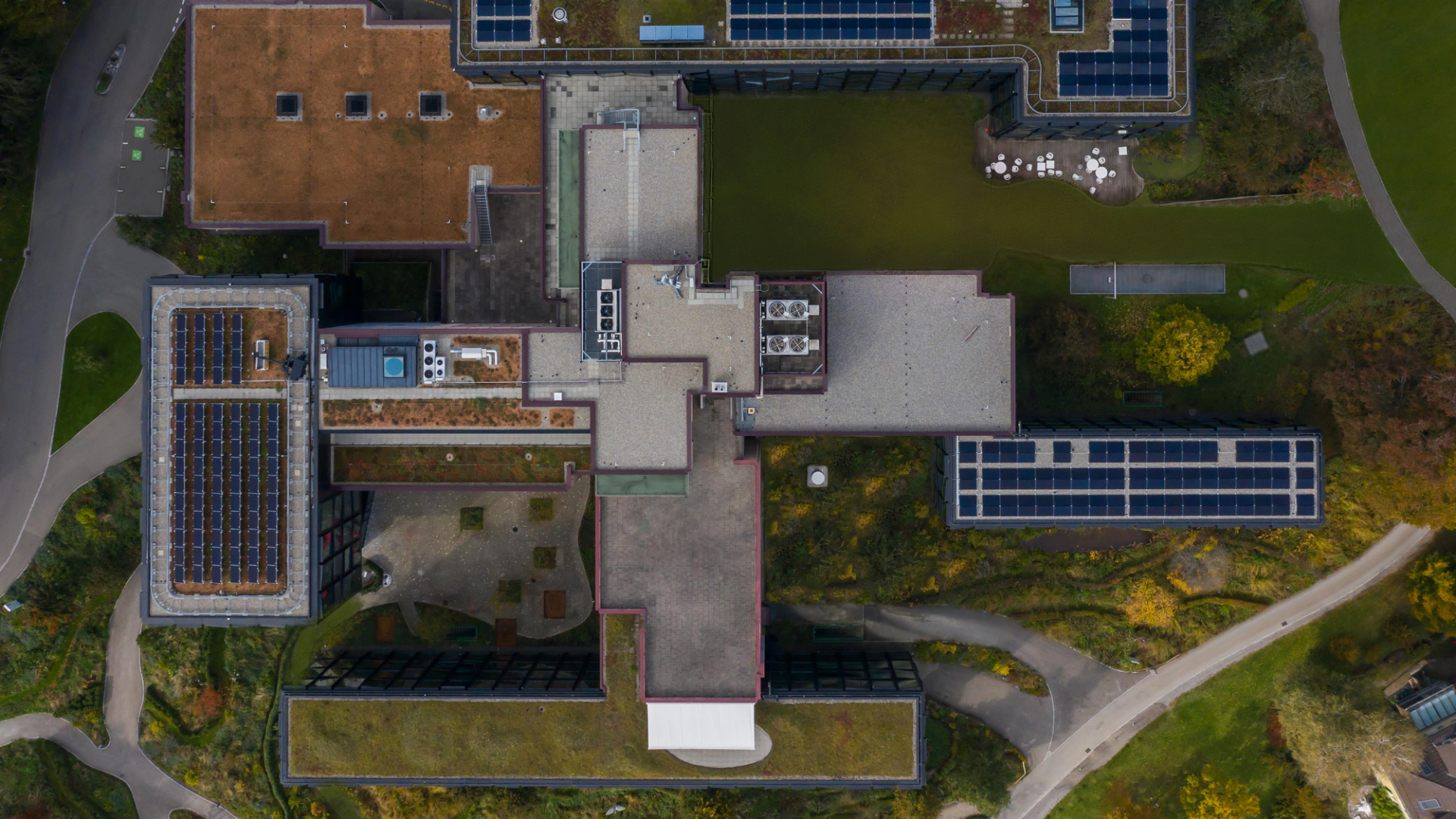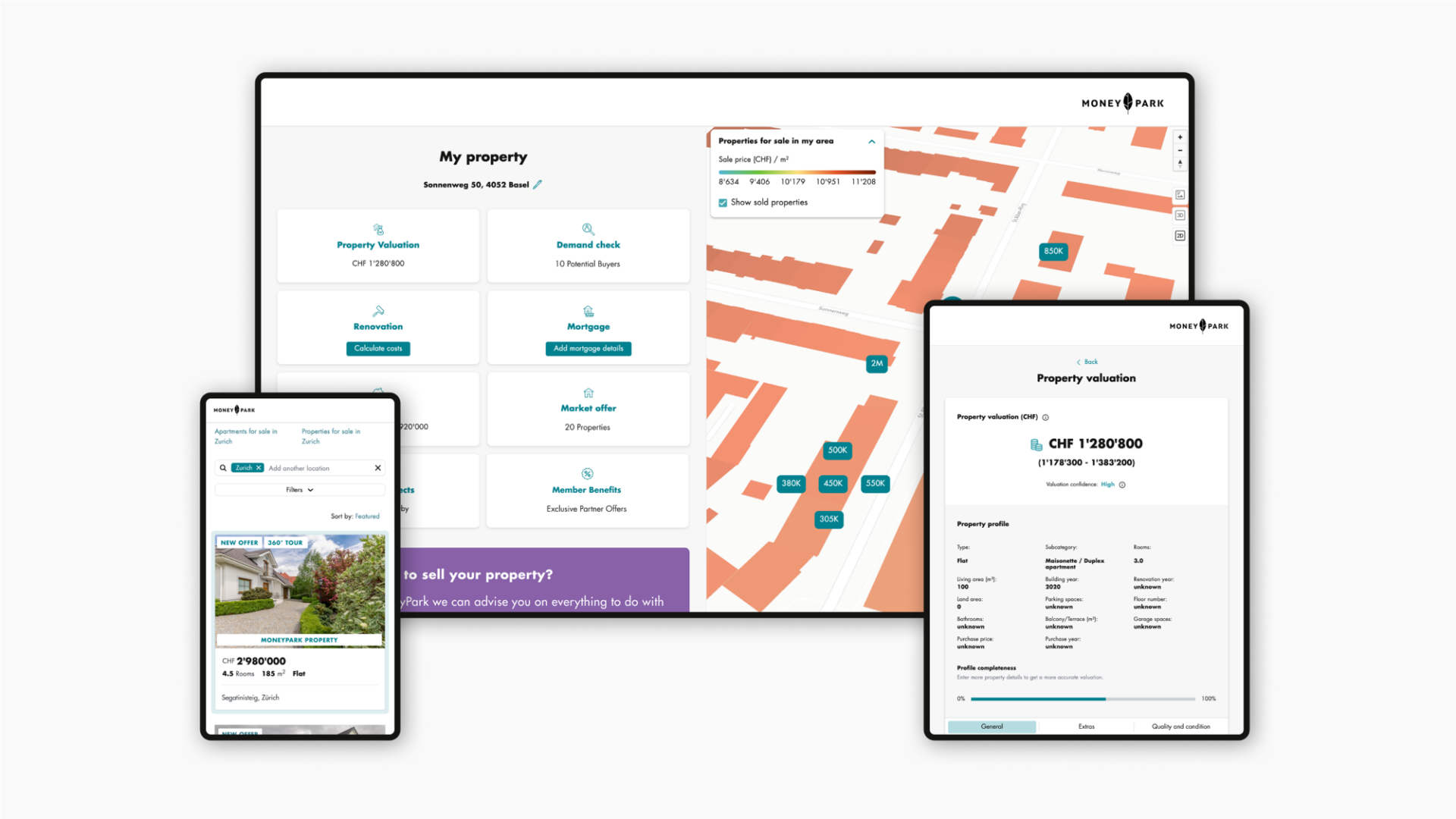
Sustainable business activities
Reduction in CO2 emissions
We are participating in developing a low-emissions economy. We are taking structural actions, optimising our processes and reducing our greenhouse gas emissions.
As a contribution to fighting climate change, We want to reduce its CO2 emissions in its business activities to zero by 2040. To the extent of the remaining, currently unavoidable CO2 emissions, we invest in high-quality climate protection projects worldwide that fulfil the highest standards, thereby underlining our commitment to climate protection.
Most of our operation-related emissions are attributable to energy consumption in our offices and on business trips This is also where we are primarily focussing our efforts to reduce CO2 emissions to zero by 2040. We are cutting our energy consumption at all sites and invest in energy-saving technology and construction materials for new buildings and renovations. We use electricity only from renewable sources. The aim is for business traffic to be low-emission in future with the increased switch to electromobility.
Commuter and business traffic
Traffic causes over half of the carbon footprint at Helvetia. We therefore attach great importance to sustainable mobility management.
Business trips and trips to customers are part of our daily business. Our employees are encouraged to use public transport for business trips in principle and can also borrow e-bikes at the head offices for short business journeys. By using video conference technology, we were not only able to improve communication among employees but were also able to reduce the amount of travelling. Moreover, we have made it possible for employees to work flexibly independent of location, which includes the option of working from home. This reduces travel for our 3400 employees in Switzerland, who would otherwise drive or ride to the office and home again every day by bicycle, train, bus or car. At all large locations, we offer bicycle parking facilities, cloakrooms and showers for commuters. We also support the use of public transport for commuting thanks to discounted season tickets. The goal of such actions is to also reduce CO2 emissions from commuting and enable employees to travel in an economical, stress-free and environmentally friendly way.
Sustainable procurement
When buying goods and services, we take care to observe environmental, social and governance criteria. As an insurance company, We primarily provide services and processes data and information for this purpose. Purchases are made for ongoing office operations, building equipment and maintenance. In addition to office supplies and paper, we also purchase IT products, office furniture and promotional items. In addition, we purchase external services such as cleaning, translations, consulting, financial services or certifications. We apply principles for local, environmentally and socially responsible procurement to its purchasing. We have described these principles in our "Vendor Code of Conduct", which we require our partners to adhere to.
Emissions 2023
As part of a targeted strategy we have committed to reducing CO2 emissions to net-zero by 2040. We report in detail on our progress in our annual sustainability report.





